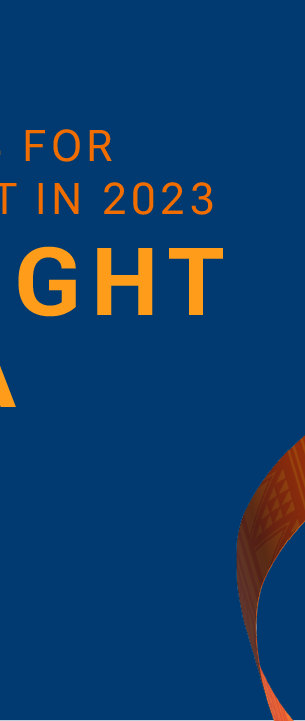Using information and communication technology to improve mental health in Africa


Mental health is a crucial part of human capital development and yet, there remains sparse research on this important aspect of health and economic development— more so in Africa, a region which faces the joint challenge of high disease burden and a severely underfunded health sector. Moreover, addressing mental health disorders should be of pressing policy interest, especially since mental health disorders translate into staggeringly large economic losses, particularly in low-income countries where people are often faced with unexpected shocks to income and health.
According to the 2014 WHO mental health atlas survey, 24 percent of countries in the world reported that they did not have (or had not implemented), standalone mental health policies. In Africa, the share was almost double that at 46 percent. In addition, government spending is estimated at only 40 percent of total health spending for countries in sub-Saharan Africa, much lower than the world average of 60 percent. Likewise, Africa’s government spending on health is only 2 percent of GDP, lower than the world share of 3.5 percent, as of 2017. Out-of-pocket spending as a share of health spending in Africa was also among the highest in the world at 37 percent of health spending, compared to 18 percent in the rest of the world.
When we add these statistics to the fact that Africa has the world’s youngest population, with 60 percent of its population under the age of 25—and that young people are often identified in mental health literature as being at high risk for mental health disorders (including suicide and self-harm), then this presents a very worrying picture.
At the same time, there are more people with global access to ICT (e.g., mobile phones) today than at any other point in human history, with the majority of the population in Africa having access to a mobile phone. Whereas only 8 percent of Ghanaians said they owned a mobile phone in 2002, that figure surged to 83 percent by 2015, a more than tenfold increase. Today, cell phones are as common in South Africa and Nigeria as they are in the United States.
This proliferation of mobile phone technology has created the opportunity to innovatively tackle various social and development challenges on the continent, ranging from financial inclusion to urban mobility, and even basic service delivery in areas like education and health.
So, can we leverage this near universal access to mobile phones to improve mental health? Our new paper aims to answer this question using evidence from Ghana, and analyzes what possible policy interventions could work to improve mental health in Africa.
To answer the question, we use evidence from a communication intervention in Ghana to test whether improved communication, using information and communication technology like mobile phones, can improve mental health. In our study, we partner with a major telecommunications company and implement low-cost communication interventions that provide mobile calling credits to a nationally representative set of low-income adults in Ghana during the COVID-19 pandemic.
Our findings showed that for those individuals who received mobile calling credits, their inability to make unexpected calls; and their need to borrow SOS airtime, as well as to seek digital loans decreased significantly, relative to a control group. As a result, the program led to a significant decrease in mental distress (-9.8 percent) and the likelihood of severe mental distress by -2.3 percentage points (a quarter of the mean prevalence). The effects of the intervention were channeled only through a reduction in mental distress, and there was no impact on consumption spending. Moreover, a simple cost-benefit analysis shows that providing communication credit to low-income adults is a cost-effective policy for improving mental health.
The results further suggest that a major policy response to improve mental health in Africa should be, to leverage access to ICT and issue communication credits, that make it easier for people to communicate and stay connected to their networks.
Communication—defined broadly as the ability to stay connected—meaningfully improves mental wellbeing, and interventions involving communication are particularly valuable when implemented as several installments. The results further suggest that a major policy response to improve mental health in Africa should be, to leverage access to ICT and issue communication credits, that make it easier for people to communicate and stay connected to their networks. This is an effective and low cost means of improving mental health, especially in low-income settings where government spending on health and mental health is significantly low.
link







